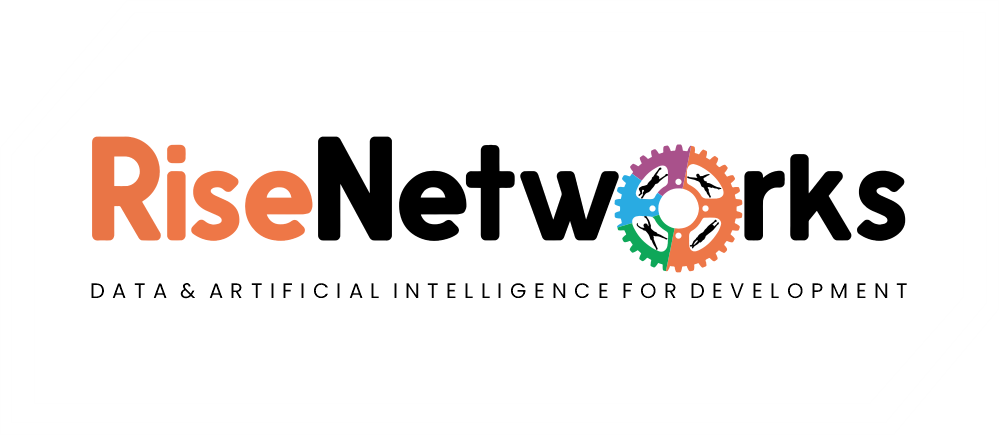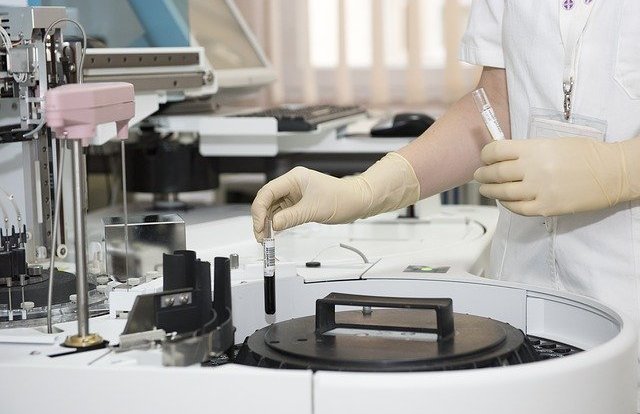The healthcare industry is always at the forefront of innovation. By adopting top-of-the-line tech, medical professionals can provide better care for patients and even save lives. Some emerging technologies won’t just improve healthcare, however. They’ll also disrupt it on a massive scale.
Medicine has seen a lot of disruptive technology throughout history. This industry is ready to make history again with a new wave of tech that will revolutionize medicine.
What Is Disruptive Technology?
You’ve probably seen the term “disruptive technology” before, but you may not know what it means. Disruptive technology is tech that’s so revolutionary that it changes a market entirely or creates a new one. It improves a system, but it also replaces it with a better one.
Examples of this include video streaming and, further back, cars. Many things you’re familiar with now were once disruptive and replaced old norms. The medical field is no stranger to this phenomenon, with most medical innovations bringing unprecedented transformation in how we manage health. Here are five examples of disruptive technologies that are currently shaking up the healthcare industry:
1. Deep Learning Diagnosis
You often see deep learning, an advanced kind of machine learning, used in sectors like cybersecurity or robotics. However, it’s starting to catch on in medicine as well. Deep learning technologies can diagnose some illnesses with 90% accuracy and specificity.
These systems also work remarkably fast. With their help, hospitals could assist more people in getting proper treatment sooner. Diagnostic artificial intelligence (AI) is especially promising in areas experiencing a shortage of doctors.
2. Surgery Microbots
It won’t be long before you see robots all over hospitals. Microbots are now helping surgeons in areas where there’s not a lot of wiggle room. These tiny robots can perform delicate operations where human hands may be too unsteady.
Performing eye surgery and removing some cancerous tumors can be challenging. Microbots offer better precision and more flexibility than hand-held tools. With this technology, surgeons could perform complicated operations more accurately and safely.
3. Therapy Robots
Surgery isn’t the only area where robots can help. Hospitals around the world are starting to use bots for both physical and emotional therapy. Wearable robots, or exoskeletons, have been able to help paralyzed people walk again in under 20 hours of treatment.
Some hospitals have employed friendly robots to keep patients company. These interactive virtual friends can even help patients with mental health issues like depression. Hospitals can’t provide a human companion 24/7, but that’s not a problem with therapy robots.
4. Social Health Determinants
Did you know that social factors can play a part in your health? Aspects like financial stability and your environment can impact your mental and physical health, even more so than genetics. With AI’s help, healthcare professionals can take these factors into account during diagnosis and treatment.
Data analytics software can make connections between social factors and health problems that doctors may miss. Using these services, doctors can get a more well-rounded picture of your health and then offer appropriate treatment.
5. 3D-Printed Body Parts
3D printing’s potential doesn’t stop at manufacturing. Medical staff can 3D print prosthetic limbs, teeth and even replacement organs. Using 3D-printed building blocks, scientists grow new organs from patients’ cells, streamlining the transplant process.
Since these body parts come from your DNA, you wouldn’t have to worry about your body rejecting them. This technology offers a safe and reliable alternative to the traditional transplant process.
Transforming the Healthcare Industry
These technologies are all still in their early stages, but they’re already seeing global use and are showing promising results. As more hospitals adopt and adapt them, their usefulness will continue to grow.
Technologies like this may seem futuristic now, but before long, they’ll be a part of everyday life. These and other disruptive technologies will become the new norm, leading to a safer and more efficient healthcare industry.
Source: thebytebeat.com

